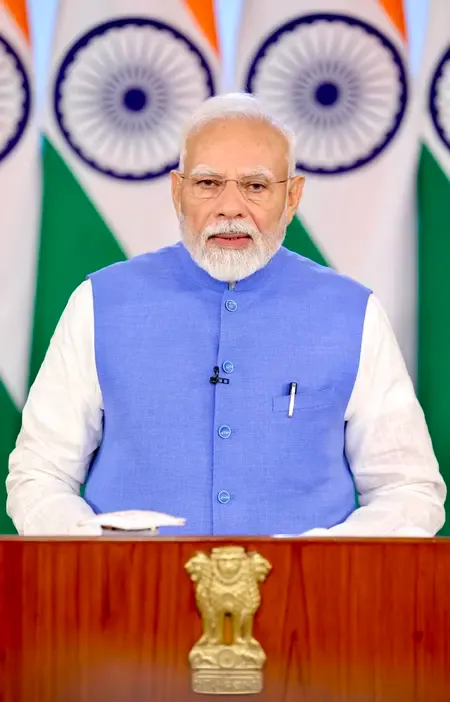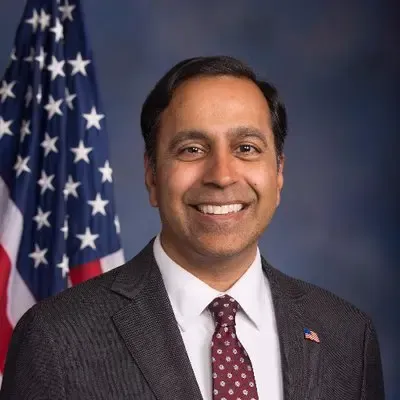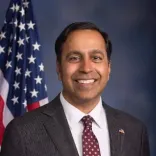Is It Time to Construct Resilient Infrastructure Against Climate Change Risks? PM Modi Speaks at Nice Summit

Synopsis
Key Takeaways
- Infrastructure resilience is essential for coastal regions and islands.
- Global collaboration is needed to address climate change threats.
- Investment in disaster-resilient infrastructure ensures economic stability.
- The CDRI plays a critical role in supporting vulnerable communities.
- Climate adaptation is a survival issue for Small Island Developing States.
Nice (France), June 7 (NationPress) Prime Minister Narendra Modi issued a grave warning on Saturday, stating that coastal regions and islands face significant threats from disasters and climate change, emphasizing that it is crucial to develop infrastructure that can withstand such challenges.
During his virtual address at the seventh International Conference on Disaster Resilient Infrastructure (ICDRI), held ahead of the third UN Ocean Conference (UNOC3) in Nice, PM Modi remarked: "Coastal regions and islands are under severe threat due to disasters and climate change. We must construct infrastructure that can endure the test of time and tide, paving the way for a more robust and resilient future for everyone."
The focus of the ICDRI conference is on enhancing disaster-resilient infrastructure in coastal areas and Small Island Developing States (SIDS).
Considering that approximately 37 percent of the global population lives within 100 km of coastlines, contributing around $1.5 trillion to the annual global GDP, and that 90 percent of global goods are transported by sea, fortifying coastal resilience has become a worldwide imperative.
Gathering over 350 delegates, ICDRI is concentrating on three core pillars to propel resilience initiatives: access to finance, data, technology, and early warning systems, as well as codes and standards.
In a virtual address, Mohamed Irfaan Ali, President of Guyana, stated, "A global effort is needed to unlock resources for climate adaptation in vulnerable regions, particularly small islands and low-lying coastal areas. For us, climate-resilient infrastructure is a matter of survival."
David WR, Adeang MP, President of the Republic of Nauru, expressed, "This conference provides a chance to transition from dialogue to actionable outcomes. Let’s collaborate to ensure no nation or community is left behind in building a future that is resilient, equitable, and sustainable."
Gaston Browne, Prime Minister of Antigua and Barbuda, remarked, "Resilient infrastructure is not merely a policy choice; it is essential for survival. We believe that resilience starts not at the shoreline but within the minds and systems we foster."
Alix Didier Fils-Aime, Prime Minister of Haiti, affirmed, "We view resilience as a moral and political necessity. Together, through unity and commitment, we can establish a more secure, resilient, and equitable future for all."
Welcoming attendees, Amit Prothi, Director General of the Coalition for Disaster Resilient Infrastructure (CDRI) based in New Delhi, stated, "Coastal resilience is critical for safeguarding lives and economies. ICDRI 2025 brings together global voices to inform actions for vulnerable coastal communities and SIDS. Through our IRIS program, we are backing 24 projects across 25 SIDS, fostering sustainable and inclusive infrastructure development."
At ICDRI, the 54-member global coalition reaffirmed its dedication to promoting climate and disaster-resilient infrastructure throughout Africa.
Additional announcements included the granting of research funds for 53 projects spanning 21 countries and a call to action for enhancing infrastructure resilience in small island nations, highlighting the urgent need for global cooperation and investment.
In an exclusive interview with IANS, Prothi stated that in coastal areas, rising temperatures have led to increased frequencies and intensities of heavy precipitation events, such as hurricanes, cyclones, and flooding; extreme storms and rising sea levels are causing heightened coastal flooding, storm surges, and erosion.
He emphasized the growing importance of mobilizing private finance for disaster risk reduction and enhancing infrastructure resilience, particularly in developing nations and SIDS.
"CDRI's Global Infrastructure Resilience report indicates that most new infrastructure investments over the next three decades will occur in low- and middle-income countries, necessitating robust assets to safeguard communities and encourage growth," he stated.
The CDRI, initiated in 2019 by PM Modi at the UN Climate Action Summit, is an international body established by the Indian government to lead on disaster resilience issues.
India holds the position of Permanent Co-Chair, while France will take on the Rotational Co-Chair role from April 2024 to March 2026, succeeding previous co-chairs, Britain and the US.
CDRI's initiatives prioritize resilient infrastructure and services crucial for socio-economic development, including health, transportation, power, and telecommunications.
Special emphasis is placed on high-risk areas, including coastal, mountainous, urban, and SIDS. Prothi notes that infrastructure in SIDS is at a significantly higher risk compared to other nations.
When asked how far CDRI can assist them, he told IANS, "SIDS are highly susceptible to extreme weather events that can overwhelm infrastructure and disrupt essential services like transportation, electricity, and water. These disruptions impact livelihoods, public health, and economic stability. To address these risks, the coalition’s IRIS initiative, funded by India, Australia, the UK, and the EU, provides SIDS with technical assistance, capacity building, and knowledge resources."
(Vishal Gulati can be contacted at vishal.g@ians.in)










